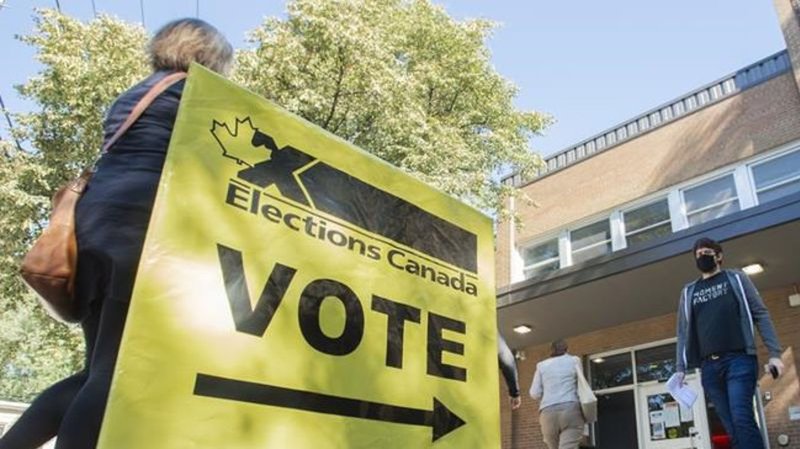
Elections Canada probed how many Canadians have a ‘conspiracy mindset’
OTTAWA — Elections Canada was curious to know how many Canadians believed in conspiracy theories in the lead up to the recent federal vote.
Prime Minister Justin Trudeau had two years left in his minority mandate in August when he plunged the country into an election while a fourth wave of COVID-19 raged.
Protesters opposed to public health measures like masking and mandatory vaccinations staged demonstrations, some of them following Trudeau as he crisscrossed the country, hurling obscenities at him and, at one point, even gravel.
Months before triggering the vote, the federal agency in charge of running elections commissioned its first stand-alone survey into the level of trust Canadians had in the electoral process. That included finding out how many held a “conspiracy mindset.”


